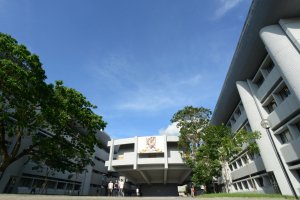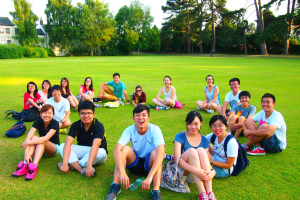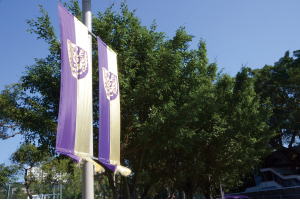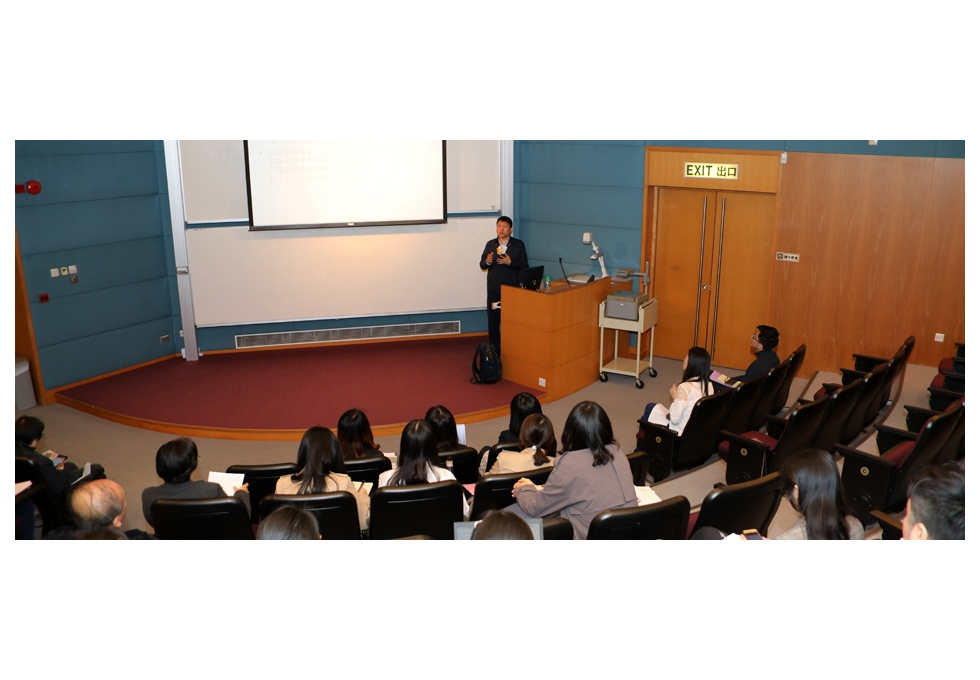The Faculty of Education of CUHK strives to establish an exchange platform to facilitate communication and stimulate new research ideas for researchers and educational practitioners in Hong Kong, the Greater China region and international community.
The Office of Academic Links (China) launched the first Chinese Academy of Social Sciences (CASS) Scholars Visit Programme in 2012. In its seventh year, the Department co-hosted the Programme with other units of CUHK for the first time. Professor Wu Yao Wu, a researcher from the Institute of Population and Labor Economics of the Academy, was invited by the Department of Educational Administration & Policy to visit the Faculty and share his research insights. Prof. Wu’s public lecture attracted a diverse audience of students, faculty members as well as scholars from other universities.
Prof. Wu’s main research area includes urban labour market, micro-econometrics and policy evaluation. He is a professor and doctoral advisor in Graduate School of Chinese Academy of Social Sciences. He was also an expert consultant to the World Bank Group. In his public lecture “Signal or Human Capital: Evidence from the School System Reform in Mainland China”, Prof. Wu explored the causal relationship between education and wage in the labour market: whether education increases workers’ wage through increasing their human capital and productivity or by acting only as a signal to employers in the labour market.
“633” (The “Long” structure) is the current school system for primary and secondary education in mainland China. Students attend six years in primary schools, three years in lower secondary schools and three years in upper secondary schools. However, different types of “Short” structures, such as “532”, used to be adopted in different provinces during the educational reform of school system and co-existed with the “Long” structure.
In his study, Prof. Wu utilized national representative cross-sectional survey data collected in 1990, 2000 and 2010. He found that, among the graduates with primary or secondary school educational levels, the wage of those who studied under “Short” structures was about 8-11 percent lower than that of those who studied under “Long” structures on average. In the sample of university graduates, those who were educated under “Short” structures earned 7.3 percent less than those who went to schools under “Long” structures.
Moreover, the income of semi-illiterates (people who obtained one to four years of education only) was about 14-16 percent higher than that of the illiterates. To conclude, holding the same level of academic degree, people obtained longer years of schooling enjoy higher income in the labour market which is consistent with Human Capital Theory.
In his four-day-visit, Prof. Wu met with faculty members of different departments. They exchanged viewpoints on youth development in Mainland and Hong Kong as well as the development of education as a profession. Prof. Wu also lectured to our PhD students on how to conduct China-related academic research, and visited other units of the Faculty including the Centre for University & School Partnership and the office of Program for the Gifted and Talented.










